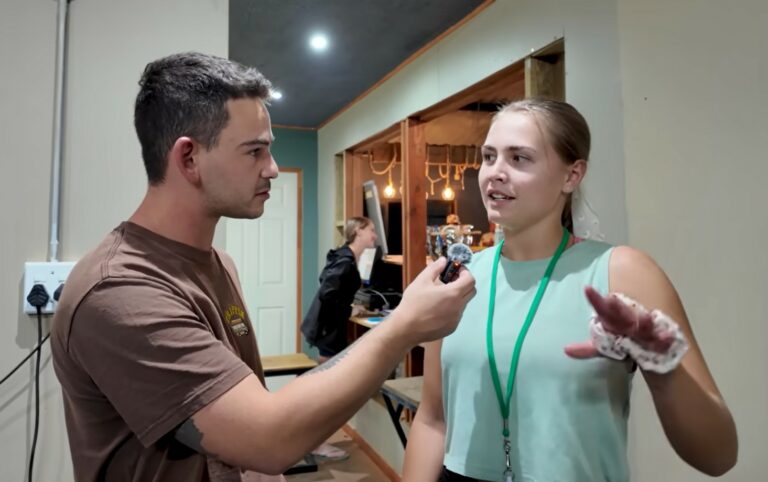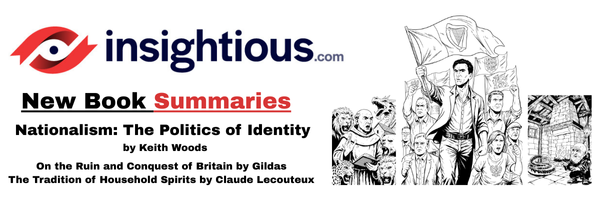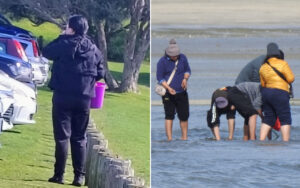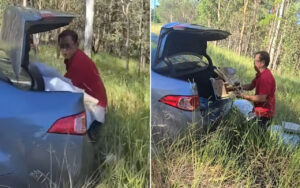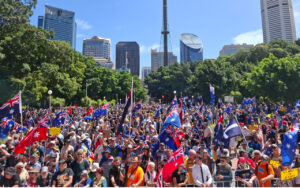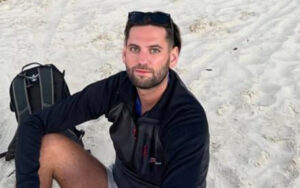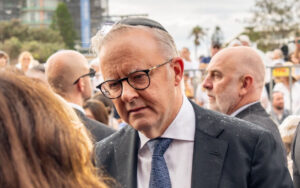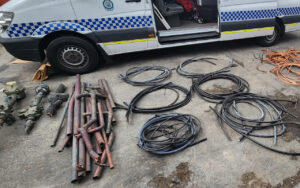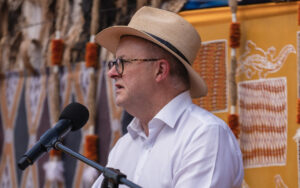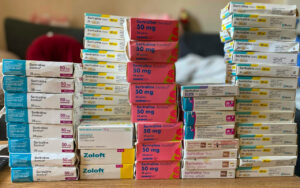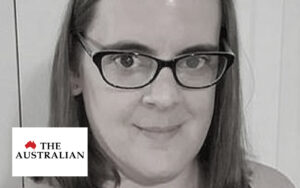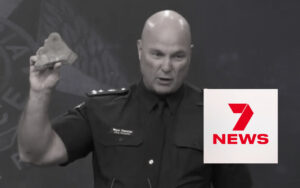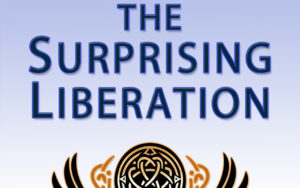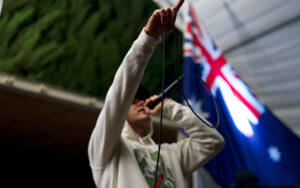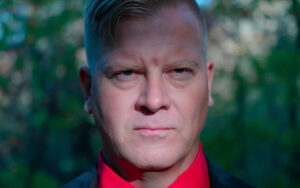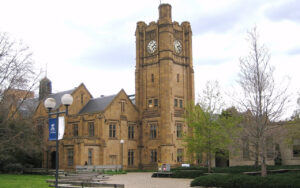A recent investigative documentary about the remote Afrikaner town Orania in central South Africa has given an insight into life in the town, the philosophy of the residents and its hopeful goals for the future.
Orania, founded by Afrikaners in the Northern Cape desert in 1991, is a small but growing town numbering 3,000 people exclusively for Calvinist Christians and Afrikaners with a clean criminal record, and requires the speaking of Afrikaans only within the enclave.
Filmmaker Joshua Rubin of the YouTube channel Wide Awake Podcast visited the town to see it for himself, and asked a resident what makes Orania different to other places in South Africa.
“Have you ever seen a 16 or 17-year-old girl walk around at 9 o’clock at night anywhere in South Africa? You can’t. We don’t have burglar guards, and if they leave a bike somewhere, tomorrow morning it’s still there,” the resident responded.
Rubin discovered that Orania is growing rapidly, with 160 active construction sites where houses and commercial premises are being built to accommodate new residents and the annual population increase of 15%.
The enclave has its own local government, restaurants, gyms, hospitals, currency, flag, colleges, solar and agricultural farms, their own bank, their own rules and are in the process of building their own airport, which can currently facilitate large planes.
The installation of a 4.8MWh battery was also highlighted in the documentary, as one of the major goals Orania has is energy independence from the unreliable South African power grid.
South Africa has rolling blackouts from 6am to 10pm, called load-shedding, where the grid gets turned off to prevent it from failing, stopping people from working and hindering economic growth.
Orania Movement CEO Joost Strydom told Rubin: “Obviously being off-grid would be ideal, but it’s not necessarily all we’re working towards.
“Being in a situation where we can dictate if we have energy or not. Not being dependent on failing institutions would be ideal for us”.
The town uses White labour to employ their own people, instead of using cheap coloured labour, as has been the practice in most Anglosphere colonies in the past, a similar outlook to Australia’s during the White Australia Policy in the 20th Century.
Orania to expand its boundaries to prepare for future development. Greater Orania extends over several farms and holdings. The plan is to build Orania into a pedestrian friendly city. Safe and clean. Impact studies already submitted to Dept of Agriculture for approval. pic.twitter.com/zIO2bfHyww
— Volkstaat (@Volkstaat10) July 31, 2024
Speaking to another group of locals, Rubin said he was surprised there were so many young people in the town. Asking what made Orania different to other places in South Africa, one said it’s “not noisy”, with another adding “it’s very clean”.
Standing on a peak overlooking the town, Mr Strydom spoke about the erasure of White South African history.
“Afrikaner history is not very popular in South Africa. Lots of our monuments and things from our past get vandalised, get destroyed or just simply are not being taken care of. We have a lot of busts here that we didn’t make or buy, it is either donated or thrown away somewhere else and we rescued it,” he said.
Mr Strydom went on to discuss the cultural heritage of Afrikaners, saying: “The symbolism here being that we create a half circle of all the busts from history, from our past. We put it in a half circle, they’re a bit back, a bit behind [the town’s logo bust]. None of them are alive anymore, none of them are active participants in history anymore. They’re in the past, but they are part of our past.
“In front of them, overlooking the town and being able to see over the horizon of this hill is the small giant, Klein Reus. He’s a young boy, he’s still young, but he represents the idea that he is full of opportunity, full of potential, although young, he has got gigantic potential and he’s rolling up his sleeve.
“You’ll also find him on our flag. Orania has created a new flag, we are not stuck in the past, but we are also not very comfortable in South Africa as it is. We want to create a space where we can truly be comfortable.
“The symbolism is rolling up your sleeves, no one is coming to save you, no one is going to give you a future. You can only have what you can work and create yourself through the grace of God.”
One popular comment on the YouTube view read: “As a Zulu boy I totally understand. In KwaZulu-Natal there are Zulu chiefs who control massive pieces of land and build communities based on their cultural heritage and no one ever complains. Orania should be left alone to strive on their terms which aren’t affecting any outsider.”
Another commenter said: “The most important thing about Orania is they have a unified culture and they do not outsource any labour.”
“I am an Irish woman, obviously White. Ireland is being destroyed by multiculturalism and uncontrolled mass immigration. I would love to live in a place like this, but I probably wouldn’t be accepted as I am not a Calvinist. I suppose I could convert. Best wishes to all Oranians,” a third wrote.
One final user commented about the prosperity of Orania in comparison to multiracial South Africa: “As a black man, I’m so disappointed at our black leaders. Look at how beautiful and peaceful Orania is. They failed us.”
